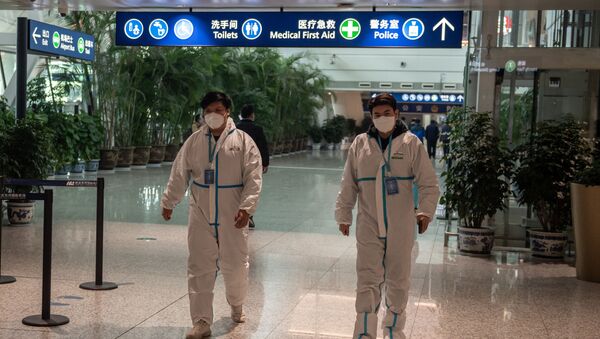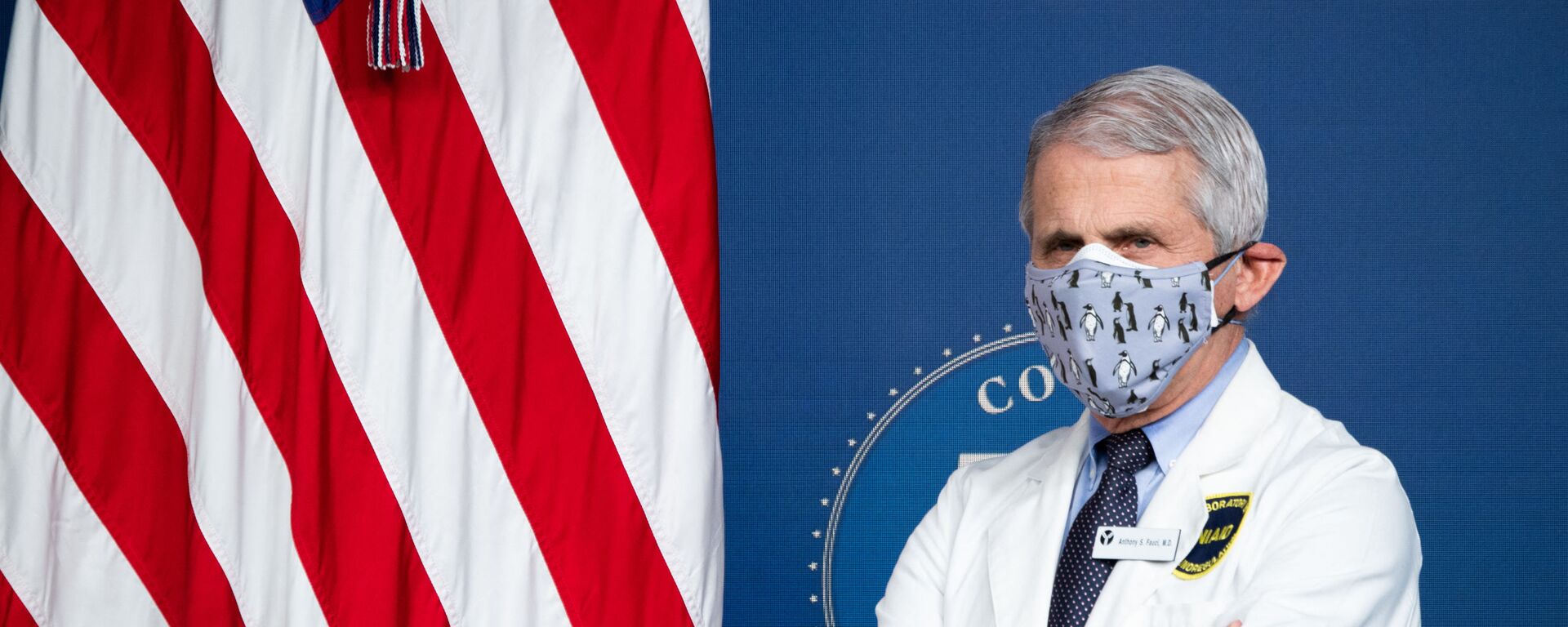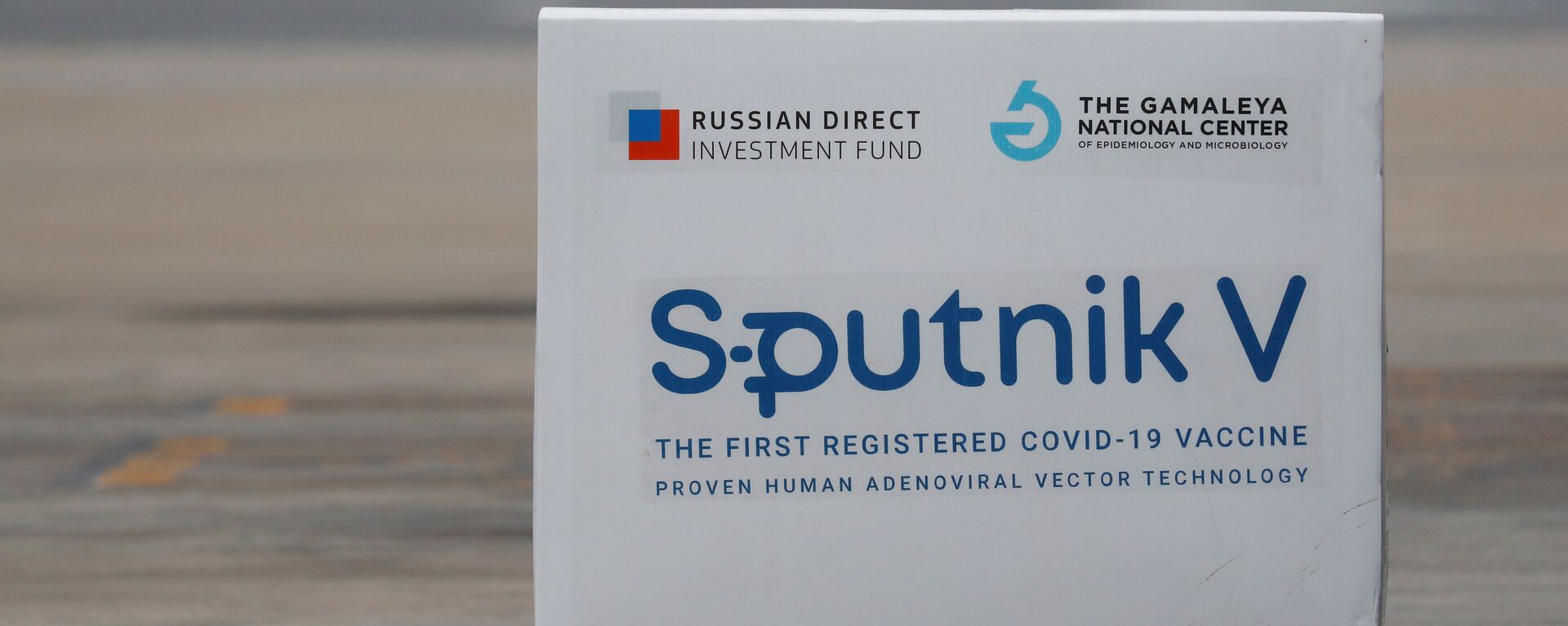Vaccination efforts should be sped up significantly to protect frontline medical workers, as the heavy death toll has reached 17,000, human rights watchdog and international NGOs reported on Friday.
"For one health worker to die from COVID-19 every 30 minutes is both a tragedy and an injustice. Health workers all over the world have put their lives on the line to try and keep people safe from COVID-19, yet far too many have been left unprotected and paid the ultimate price," Steve Cockburn, head of economic and social justice at Amnesty International, said.
According to the report, global inequalities in vaccine access continue to widen as over half of all doses have been currently administered in the top ten richest countries, covering less than ten percent of the world’s population. Frontline medical workers often bear the brunt of the pandemic with inadequate support, unsafe working conditions and insufficient personal protection equipment, posing severe risks to their health.
"While highly exposed health workers have been prioritized for vaccination in most countries’ national allocation plans, the global inequalities in vaccine access mean that not a single health worker has received a vaccine in over 100 countries," the report stated.
Under these circumstances, organizations have urged governments to prioritize safer working conditions and access to vaccines for frontline health workers, including those professions that are often ignored by such efforts — cleaners, community health workers, social care workers and other auxiliary staff.
"Urgent action must be taken to close the huge global inequalities in vaccine access, so a community health worker in Peru is protected as much as a doctor in the UK," Cockburn said.
The neglect of health care workers has been a pressuring issue in many countries during the pandemic. In the US, an estimated 1,576 nursing home staff have died so far from COVID-19. In the UK, over 490 social care workers died from coronavirus last year, with the death rate of those in the profession being around three times higher than those in the general working population.





